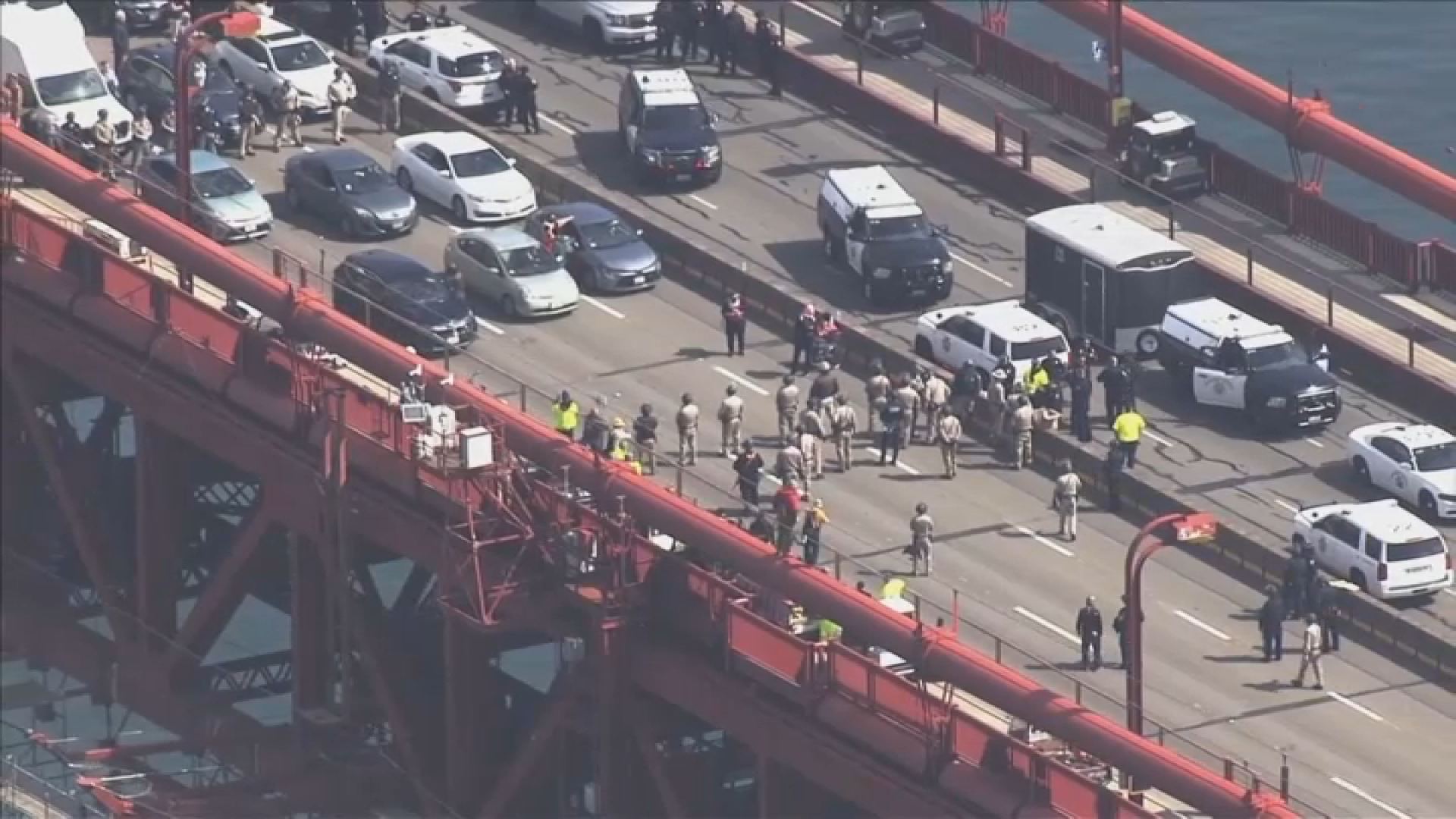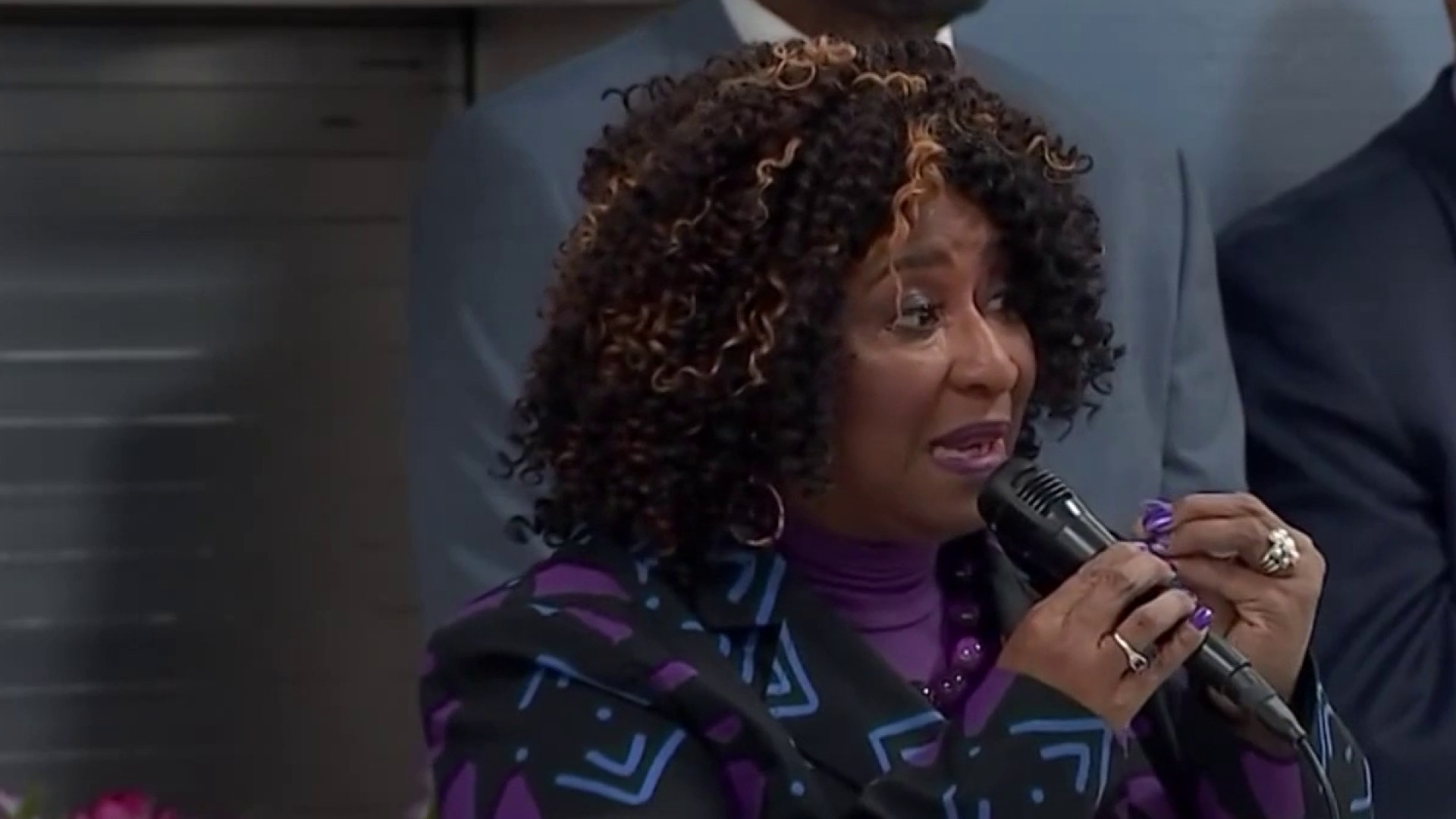A U.S. judge in San Francisco on Wednesday questioned the legal scope of a new federal rule that would greatly expand the rights of many types of workers to refuse to aid in providing health care on religious grounds.
U.S. District Judge William Alsup appeared to agree at least partially with arguments by the state of California, San Francisco and Santa Clara County that the administrative rule goes too far beyond religious freedom protections granted by Congress to doctors and nurses in existing laws.
"Your interpretation cannot add or subtract to what Congress has told us is in the law," Alsup told a U.S. Justice Department lawyer representing the Department of Health and Human Services.
The rule announced by the administration of President Donald Trump in May would allow workers who assist in federally funded health care to refuse to provide care or services on religious or moral grounds. Implementation of the rule has been delayed until Nov. 22.
The state and two local governments, joined by a group of medical providers, say the measure could apply to front office staff, call operators, ambulance drivers and janitors. Women seeking contraceptive care or abortions and LGBTQ people seeking care would most harmed by the rule, the plaintiffs say.
Workers would not be required to tell their supervisors they refused to help, and hospitals would not be allowed ask prospective employees about religious objections during job interviews.
Alsup asked Justice Department attorney Benjamin Takemoto, "Is it really true that you think that if an ambulance driver doing through Central Park finds out that a women needs an emergency procedure related to abortion, the driver can stop and say, 'Get out of my ambulance'?"
Local
Takemoto said the hypothetical example was a "very speculative situation" and said the answer would depend on "the facts and circumstances of each case."
"I don't see anything in these statutes that could possibly justify an ambulance driver refusing emergency service," Alsup commented.
The state and local governments have asked Alsup to strike down the rule, and the Justice Department has asked him to dismiss the three lawsuits filed by California, San Francisco and Santa Clara County together with a group of doctors and clinics.
Alsup took the motions under submission after a four-hour hearing and said he will try to issue a ruling before Nov. 22.
The rule would deny federal health, welfare and education funds to state and local governments that don't comply. The state could risk losing $77.6 billion and San Francisco and Santa Clara County each $1 billion annually in federal funding, according to a brief they filed.
In addition to arguing the rule exceeds the protections authorized by Congress, the lawsuits claim the measure violates laws banning unreasonable barriers to patient care, violates the U.S. Constitution's ban on establishment of religion and intrudes on Congress's constitutional power to determine federal spending.
Justice Department lawyers have argued in filings that the rule carries out Congress's intent to protect the rights of conscience, and that "it is completely routine and unobjectionable for the federal government to encourage favored conduct through conditions on federal funding."
Three similar lawsuits, including one filed by 19 states led by the New York, are pending in federal court in New York City. A U.S. judge in Manhattan heard arguments on similar motions in those cases on Oct. 18.



